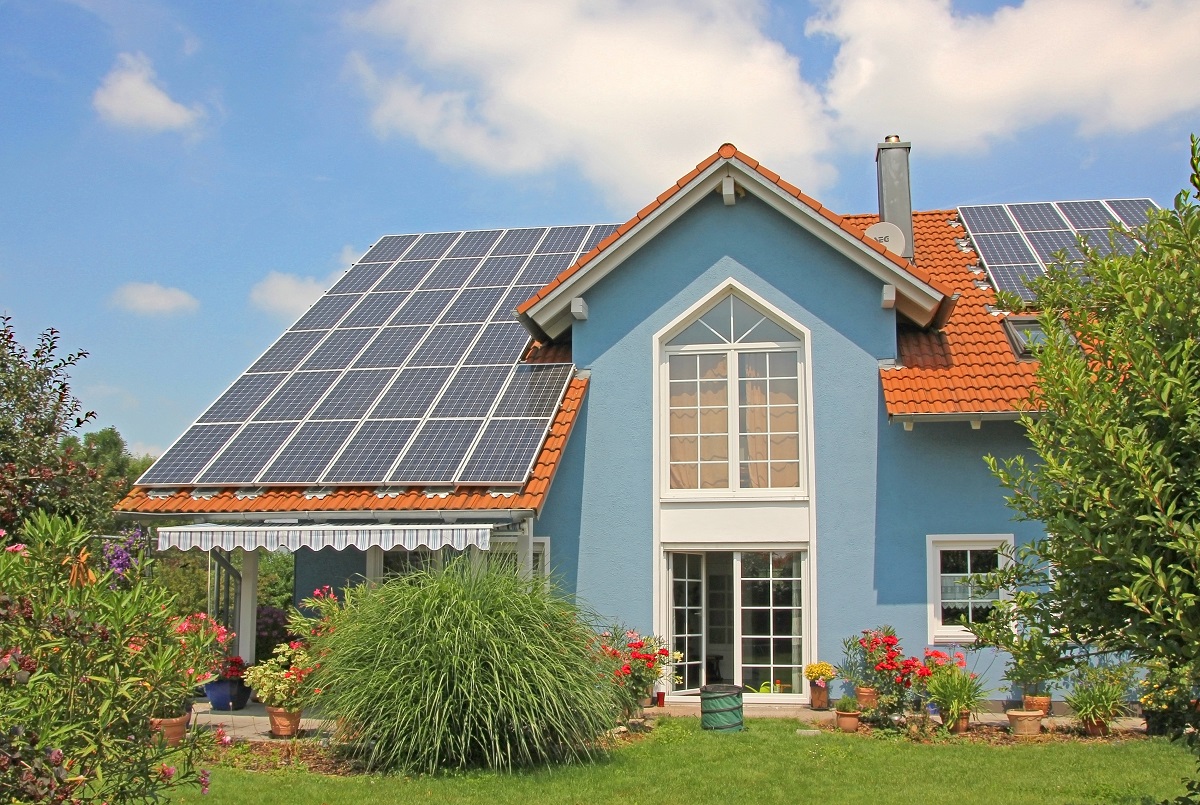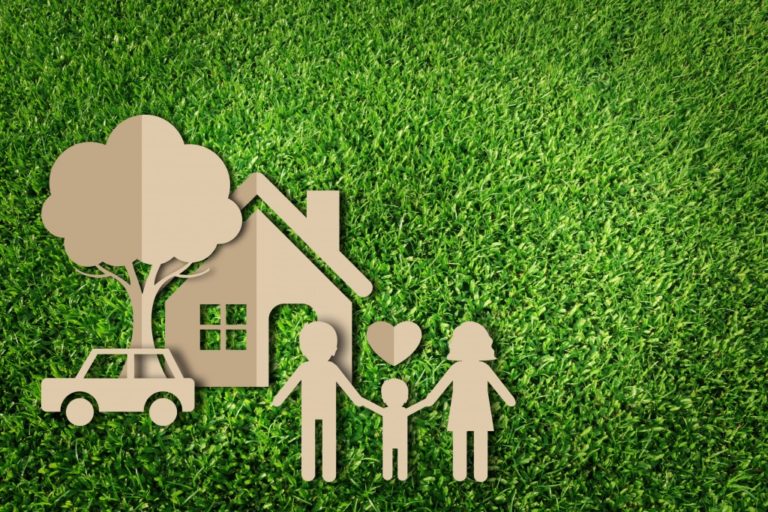Research showed that millennials now comprised 1/3 of potential homebuyers. So, when you are selling your home, think of it this way: A third of your potential homebuyers come from a generation that saw the transition from analog to digital. This is a generation that has been heavily criticized by previous generations. They’re revolutionary. They also have the highest spending power today, although many of them are financially constrained. And to add to that, millennials are socially relevant. They concern themselves with things like social equality and environmental justice.
It is the last bit that affects the real estate industry. Millennials don’t just want homes. They want green homes. They want homes that used sustainable materials. It’s more than a property for them. It’s a culmination of their values.
In a survey, more than 83% of millennials said they want sustainable homes. Many of them are willing to pay more for the house if it will save utility bills in the future. There are also specific environment-friendly methods that they want in a home.
How Does This Affect the Market?
In 2016, millennials became the biggest population in the workforce. At least one for every three workers were born after 1980. One would think that millennials will not concern themselves about environmental problems when they face a multitude of issues in society. But millennials are conscious consumers. They want companies to be responsible for their actions. It’s the same principle they apply when choosing a house to buy.
More than 75% of millennials are willing to pay more if the company used sustainable products. So, why should a home be any different? If they are willing to pay more for their coffee cups, cooking oil, and packaging, then they are also willing to shell out more for their homes. This leaves businesses, and those in real estate, to use sustainable materials when building and repairing homes
In fact, millennials are one of the primary movers of eco-friendly construction materials. It is during their rise to the top of the consumer food chain that homes begin undergoing professional roof repairs to change it with sustainable materials such as metal, recycled shingles, and light-colored clay tiles (has a cool roof system benefit). The change in materials allowed for better insulation, which means homes are less reliant on the heating and air-conditioning units. This lessens the amount of power used and lowers the electric bill.

What Green Features Do Millennials Want?
A survey showed that a whopping 75% of millennials want Energy Star®-rated appliances while 71% want Energy Star® rating for the whole home. Completing the top three green features that millennials want is efficient lighting such as LED bulbs over traditional bulbs. Other things they want are homes with insulation higher than required, homes with renewable sources of energy, geothermal heating and cooling, and components that are made from locally sourced materials.
They also want the homes to use recyclable materials and water-saving features such as barrels for rainwater collection and high-efficient toilets and showerheads. Some millennials even went so far as to demand prefabricated components and garden rooftops. They are also agreeable to the idea of roof-mounted wind turbines to produce power.
How Do They Push for Their Agenda?
Millennials remain to be the biggest population on social media. They drive changes there. They advocate for social and environmental issues. Millennials use social media to comment on sustainability issues. Companies with eco-friendly policies trend well on social media. Millennials get the word out for them.
Brands that demonstrated their commitment to sustainability benefit from this behavior. Their policies on the environment spread on social media. Millennials love supporting companies with sustainability efforts. As for those who don’t, it’s easy enough to demand action from them or get “canceled” on social media.
It’s the same thing with real estate. Millennials are quick to throw praises at land developers that use sustainable methods and recycled materials. But they are also quick to “cancel” companies that cut down trees and pave parks for roads. Does it impact the sales of these properties? While data is still incomplete about the true impact of social media on sales, businesses will lose potential customers because of a bad reputation.
Millennials hold in their hands the power to change the landscape of consumerism. They are the primary drivers of online shopping and deliveries. Their reach is global, cutting across borders and cultures. It remains to be seen how long they’ll dominate the consumer behaviors, especially those pertaining to eco-friendly real estate. But seeing as the oldest millennial is only turning 39 years old this year, it looks like the environment is in pretty good hands for the next decades.




